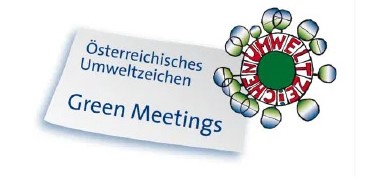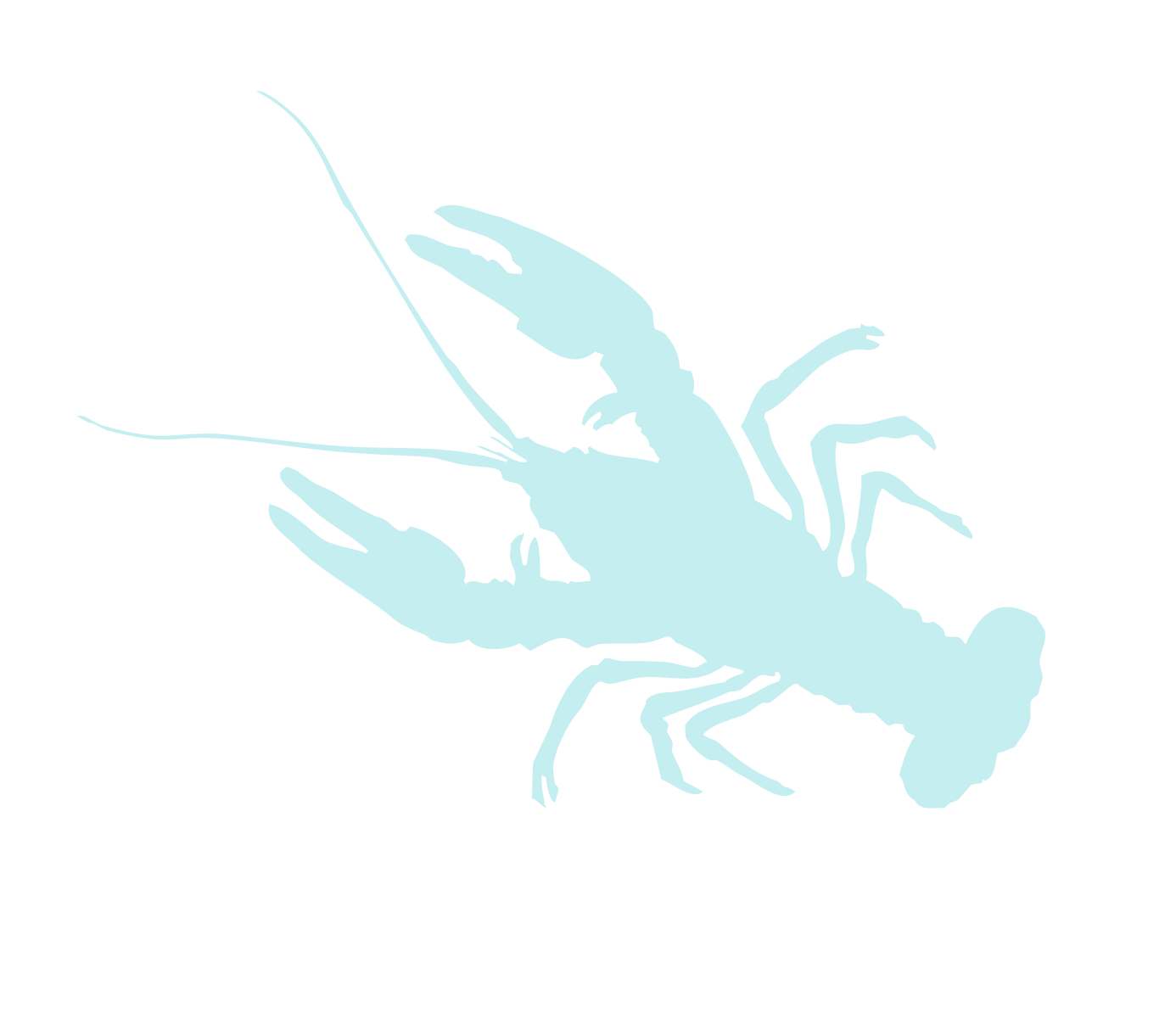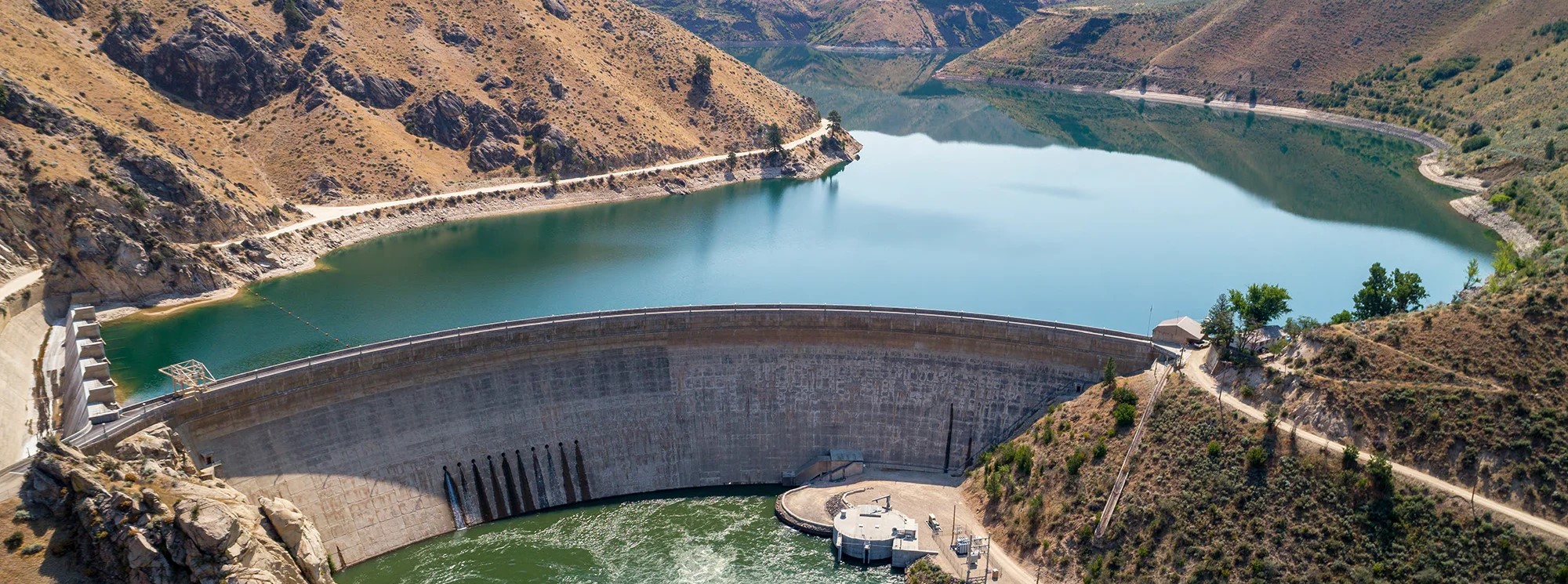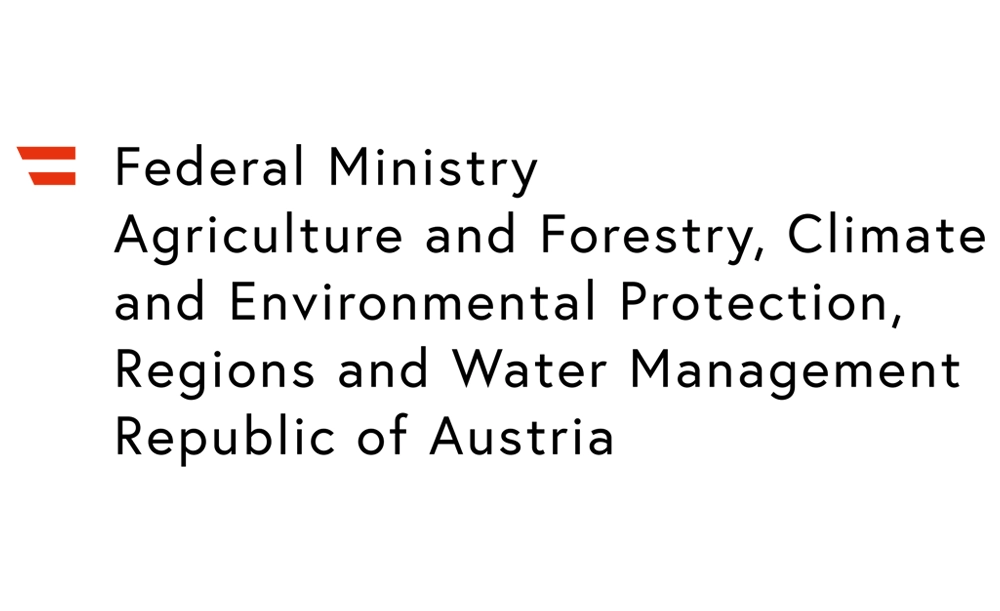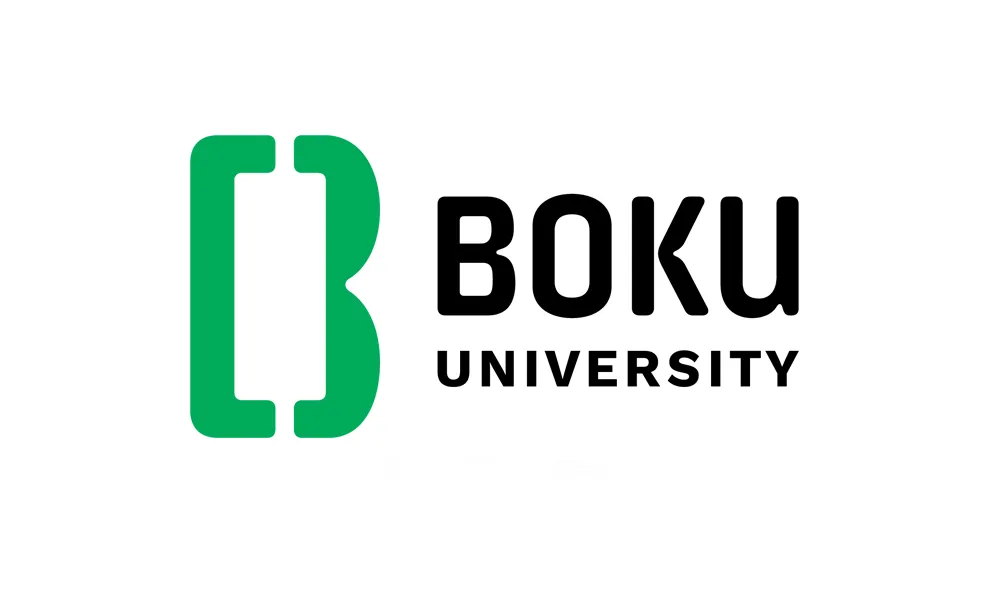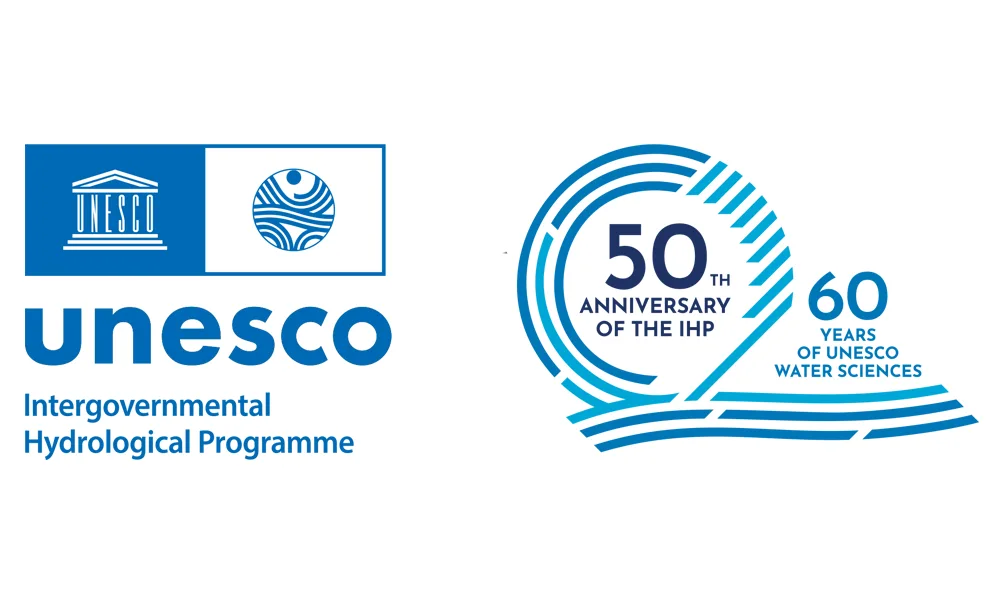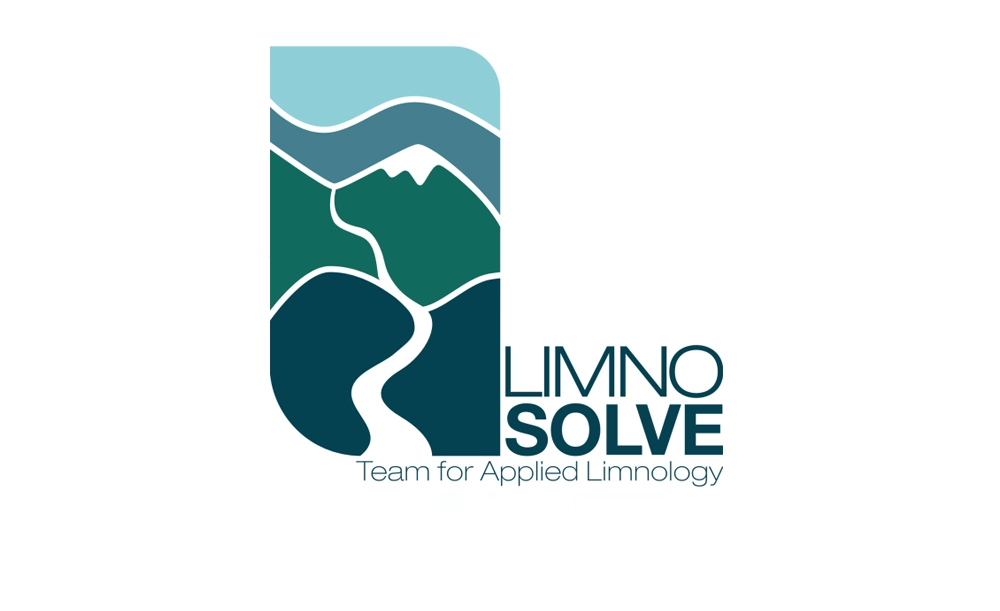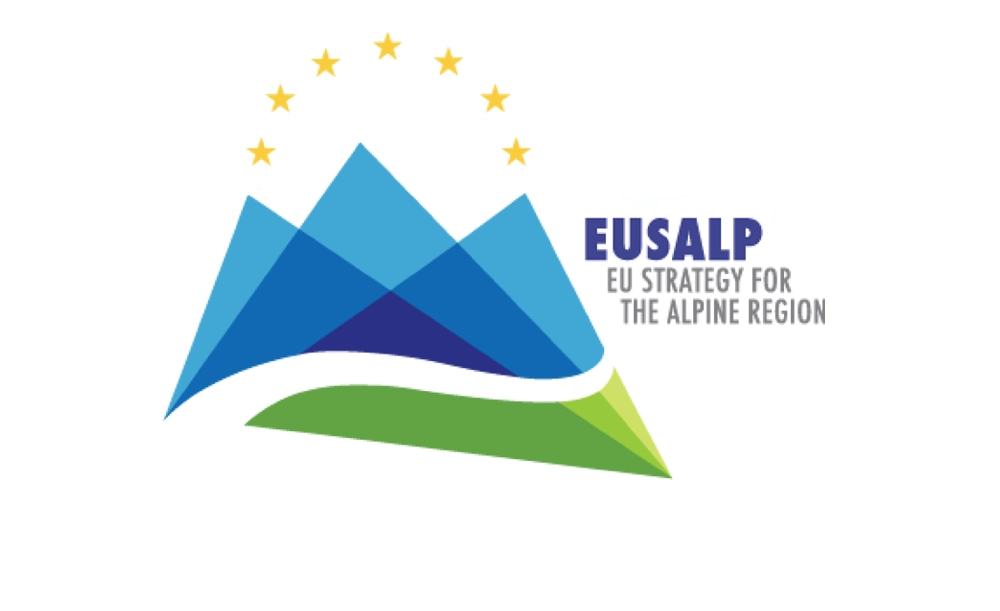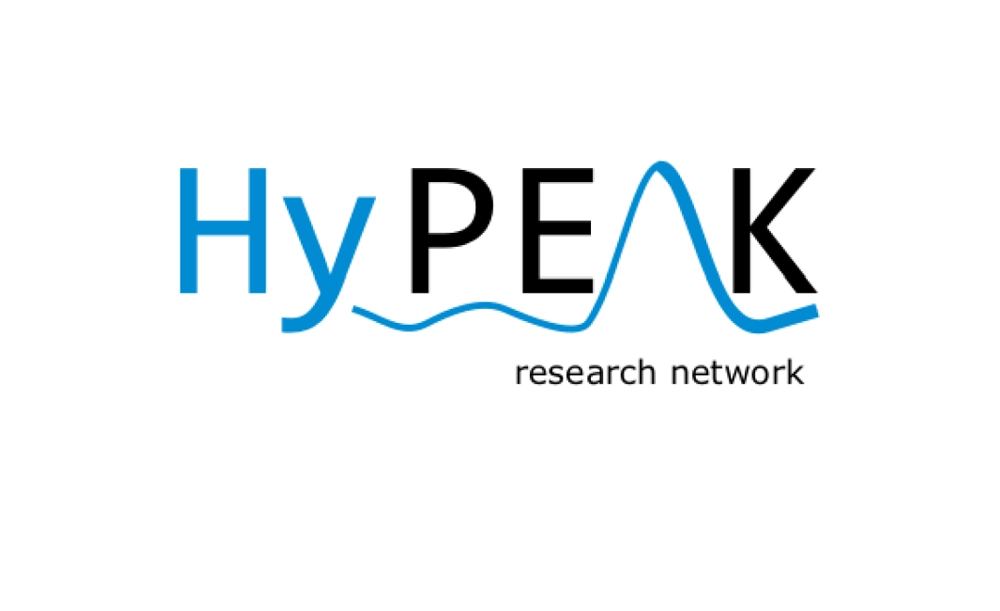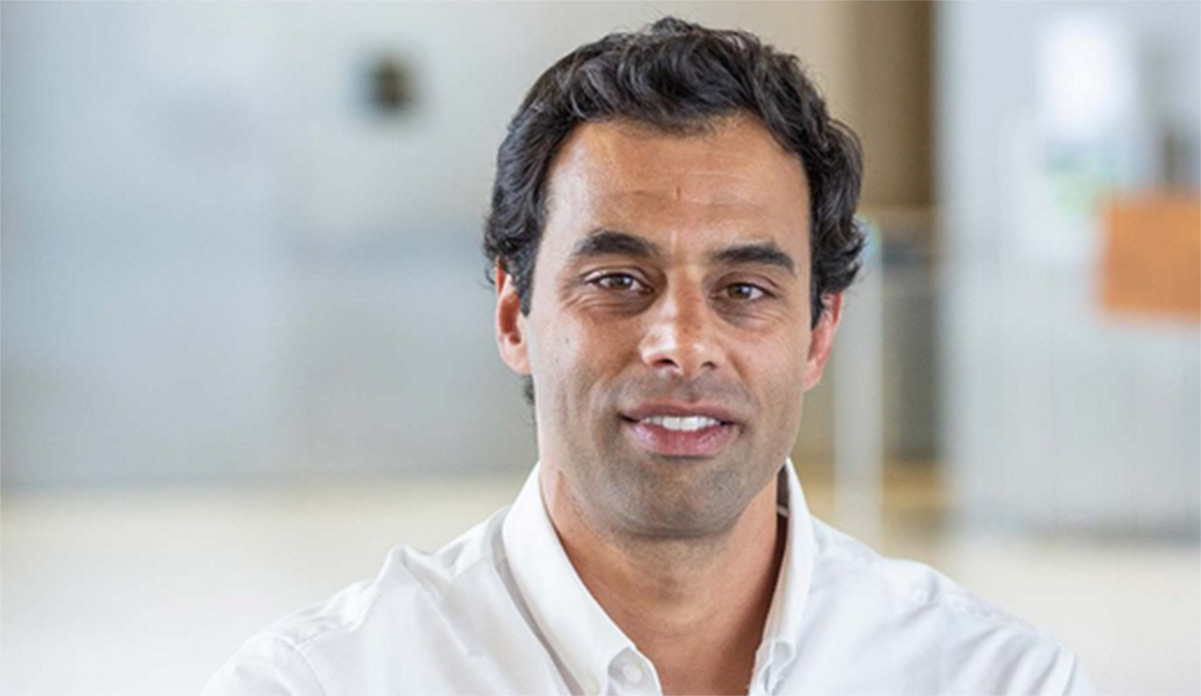
Dr. João Costa
Hydropower Sustainability Alliance
Executive Director
Global perspectives on hydropower: Addressing ecological, social, and economic trade-offs in different regions
This presentation introduces the Hydropower Sustainability Standard, emphasizing its significance as a global benchmark for assessing and certifying ESG practices in hydropower, particularly within the European Union context. It highlights the Standard’s rigorous certification process, multistakeholder governance, and alignment with international sustainability frameworks. The presentation also showcases HSA’s capacity-building initiatives and specialized training programs designed to support hydropower developers, financiers, governments, and civil society in achieving continuous improvement and compliance with ESG best practices.
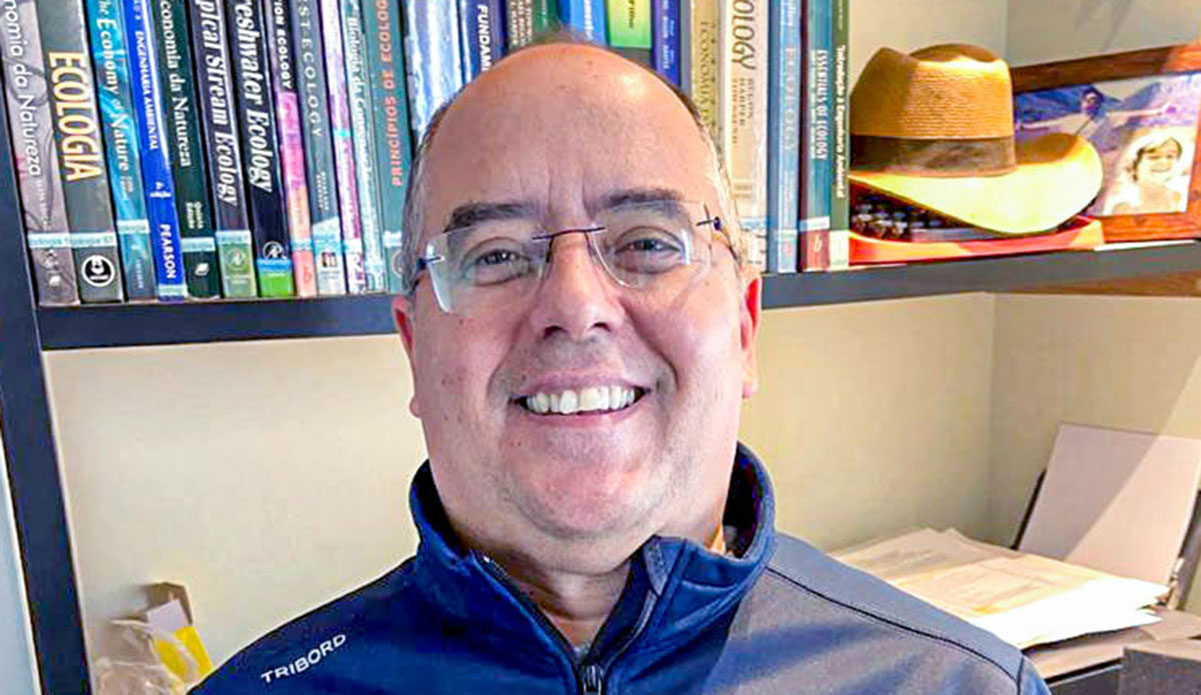
Prof. Marcos Callisto
The Federal University of Minas Gerais
Belo Horizonte, Brazil
Read more about Marcos Callisto
Hydropower and freshwater ecology in South America – a Brazilian perspective
Aquatic ecosystems are under pressure from human activities, including deforestation of riparian forests, siltation, and nutrients, leading to the loss of biodiversity worldwide. Three questions will be addressed in this talk:
- How do changes in land use due to human occupation alter water quality, habitat heterogeneity, biodiversity responses, and ecosystem services in hydropower hydrologic units?
- How can reference conditions in headwaters be characterized and protected to conserve water quality and quantity?
- How can social involvement be increased in the conservation of biodiversity, water quality, and ecosystem services in South America?
Thus, we have important knowledge gaps, including:
- What are the taxonomic and functional diversity answers across gradients of environmental conditions?
- How does biodiversity respond to predictions of global change?
- What are the reference conditions (and ecological refuges?)
- How are Citizen Science initiatives practical for the exercise of ecological citizenship and conservation of aquatic biodiversity?
Field samplings, transdisciplinary scientific experiences, schoolteachers and students’ involvement result in a practical Brazilian experience in South America to discuss. In summary, it is urgent to sum academic efforts to electrical companies and government sections provide information, management, protection and conservation of river basins.
Keywords: conservation, aquatic insects, biodiversity.
Coffee Break 1
-
Parallel Sessions
Parallel Session 1: Hydropeaking: balancing increasing flexibility with ecosystem needs 1
Habitat Use and Migration Behaviour of European Grayling (Thymallus thymallus) in an Alpine Hydropeaking Stream
Evaluating hydropeaking mitigation measures on fish habitat: CASiMiR model-based assessment
Nervous Habitats: How Hydropeaking Frequency Drives Habitat Dynamics and Ecological Risk
Hydropeaking-Induced Habitat Instability and Algal Community Shifts: A Case Study from the River Salzach (Austria)
Evaluating Hydropeaking Effects on Macroinvertebrate Communities Using a Field Screening Method
Impact of Simulated Hydropeaking on Flow Responses and Refuge Use Behaviour of Invasive Common Carp (Cyprinus carpio)
Hydrodynamic habitat selection of two Iberian cyprinids following pulsed flow events
Parallel Session 2: Gas supersaturation: ecological effects and monitoring
Tolerance to total dissolved gas supersaturation in Atlantic salmon, brown trout, rainbow trout and European minnow.
Advancing knowledge about the effects of gas supersaturation in Amazonian fish
Monitoring of gas supersaturation in rivers, methodology and lessons learned
A novel probe for monitoring gas supersaturation
Risk assessment of gas supersaturation in Sweden
Mitigation of Total Dissolved Gas Supersaturation downstream hydropower plants: Gas Bubbling and Power Ultrasound
Mitigating gas supersaturation caused by dams and hydropower plants
Lunch Break & Buffet
-
Parallel Sessions
Parallel Session 1: Hydropeaking: balancing increasing flexibility with ecosystem needs 2
Management of Hydropower and Hydropeaking in India: Data Scarcity Hampers the Assessment of Ecosystem Impacts
Flow Tradeoff Tool: A New Tool for Quantifying and Comparing Potential Hydropower Environmental Flows
Definition of Hydropeaking Measures to Define the Good Ecological Potential at Alfenz River, Austria
Hydropeaking Effects on Macroinvertebrates: Habitat-Specific Responses and Implications for Patch-Scale Management
Evaluating a Hydropeaking Mitigation Measure: Effects of a Hydropeaking Diversion Power Plant (GKI) on Young-of-the-Year Fish
The effects of temporal data resolution in analyzing hydropeaking hydrology
Parallel Session 2: Innovation in fish passage technology and monitoring 1
Ethohydraulic experiments on downstream fish guidance efficiency of Alburnoides kosswigi.
The „Optical slot“ combining hydraulic and optical constraints – AI automated video monitoring integrated in vertical slot fish passes (VSP)
Hydraulic Optimization of the Bypass Entrance Design for Downstream Fish Migration: Insights from Laboratory and Field Studies
Comparative Investigation of Fish-Relevant Hydraulic Magnitudes through Two Kaplan Runners at a Low-Head Hydropower Plant
FishLab Innsbruck: a new experimental facility to test hybrid barriers for fish protection
A Novel Approach: Integrating Fish Swimming Activity into Turbine Fish Mortality Predictions
Parallel Session 3: Reservoirs: innovation and management
Lakes under pressure: How hydropower regulation may impact benthic invertebrate communities
Hydropower regulation of lakes can shift emergence timing of aquatic insects
Managing cyanobacteria with a water quality control curtain in Iron Gate Reservoir, California, United States
Emptying of the Zoggler/Zoccolo reservoir due to damage in the tunnelsystem. Procedure and challenges involved in relocating the fish population.
Integrating in-situ and remote sensing data for water quality assessment: a step toward better GHG emission modelling
Smart Forecasting for Reservoir Management in Hydropower Using Ensemble Machine Learning Models
Coffee Break 2
Hydropower dams and other ecological stressors variably affect river catchments in Europe
Anthony Basooma – BOKU University
Exploring new ecological indicators of hydropeaking impacts: how much dewatering can a mayfly egg withstand?
Maria Alp – INRAE
How hydropower peaks impair fish: Disentangling multiple factors affecting young fish
Stefan Schmutz – BOKU University
Technology Showcase: Innovation for Improved Hydropower Environmental Performance, Operations and Modernization
Dana Mccoskey – U.S. Department of Energy
Implementing the NRR: Austria’s Model for Prioritizing and Restoring Free-Flowing Rivers
Helena Mühlman – Federal Ministry of Agriculture and Forestry, Climate- and Environmental Protection, Regions and Water Management, Austria
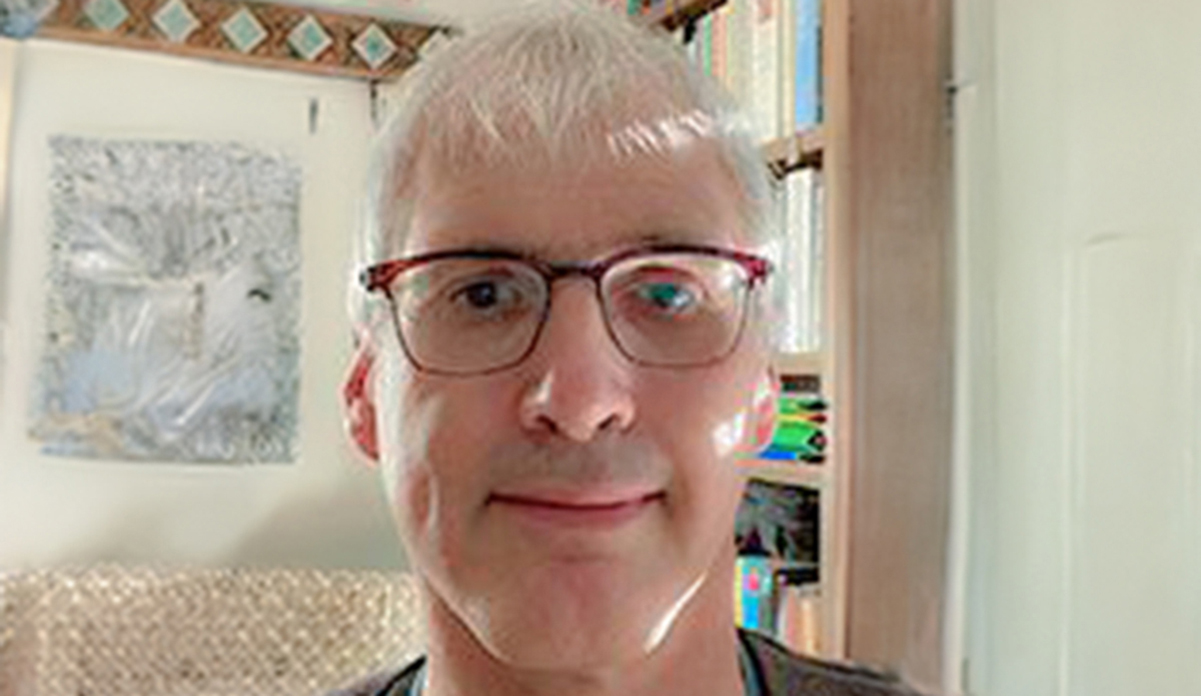
Dr. Wouter van de Bund
European Commission, Joint Research Centre
Italy
Sustainable Hydropower in a Water Resilient Europe
The European Commission recently published a European strategy setting out a pathway to make Europe water resilient. Our economy, food, energy security (including the hydropower sector), and quality of life rely are all dependent on a sustainable supply and quality of water, and safeguarding our water is crucial for our future. The Water Resilience strategy promotes collaboration across sectors for resilient water systems, with three key objectives:
1) Restoring and protecting the water cycle. The key here is to strengthen the integrated management of water resources by better and more coherent implementation an enforcement of the water related EU legislation – the Water Framework Directive, the Habitats Directive, the Nature Restoration regulation, and the Floods Directive. Nature-based solutions are key measures to increase water retention and resilience within landscapes;
2) Building a water-smart economy together with citizens and economic actors in a way that supports EU competitiveness, is attractive to investors and promotes the EU water industry. Here the focus is on enhancing water efficiency across all sectors, including hydropower;
3) Securing clean and affordable water and sanitation for all and empowering consumers for water resilience. This objective focuses on implementation of the Drinking Water and Urban Wastewater Treatment directives, with increased consumer awareness and water pricing, ensuring that the ‘polluter pays’ principle is applied.
This keynote will address the relevance of the Water Resilience Strategy for the hydropower sector, with emphasis on the need for coherence between River Basin Management Plans, Flood Risk Management Plans and national Nature Restoration Plans, discussing the main bottlenecks and implementation priorities related to hydromorphological pressures and river continuity.
-
Conference Dinner
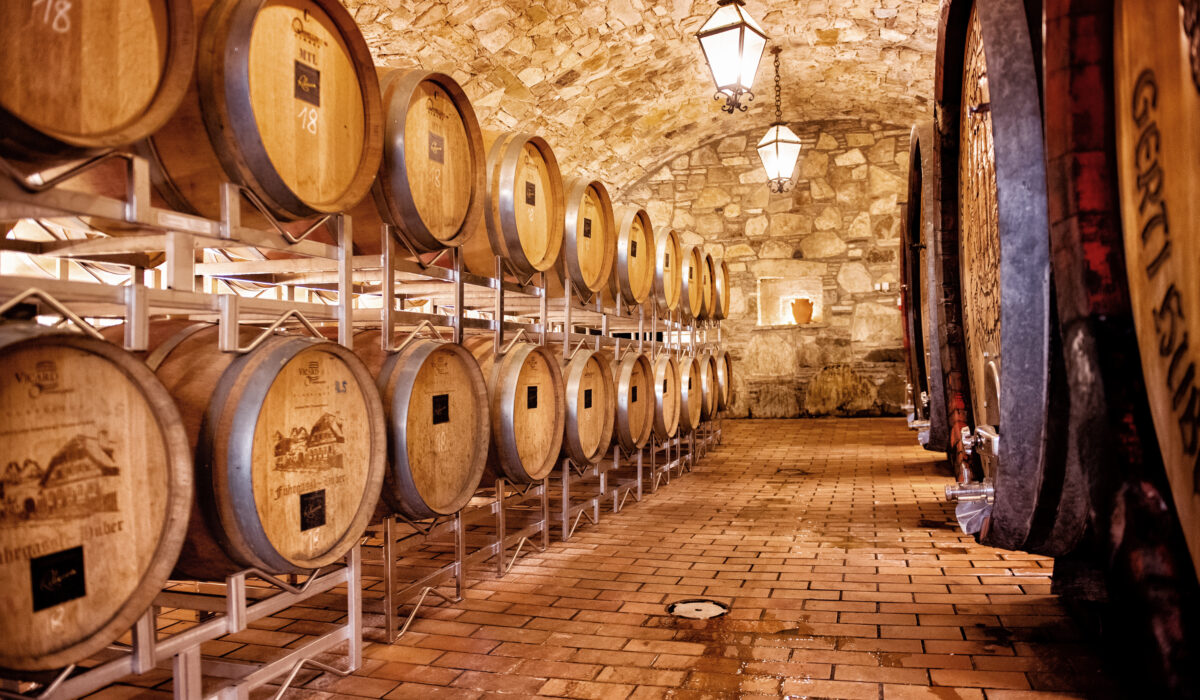
Dinner at Fuhrgassl-Huber
SUSHP 2025 will be a certified Green Meeting
The event is intended to be organized according to the criteria of the Austrian Eco-Label for Green Meetings.
